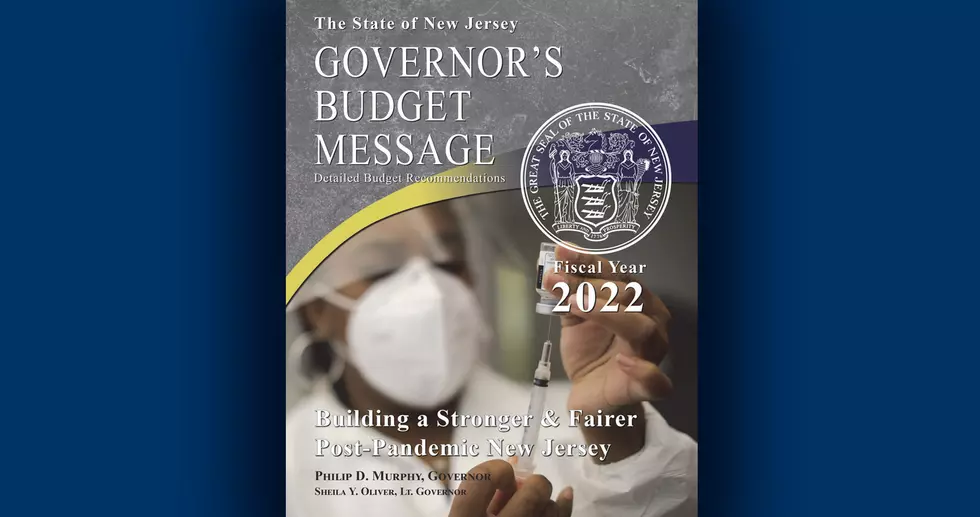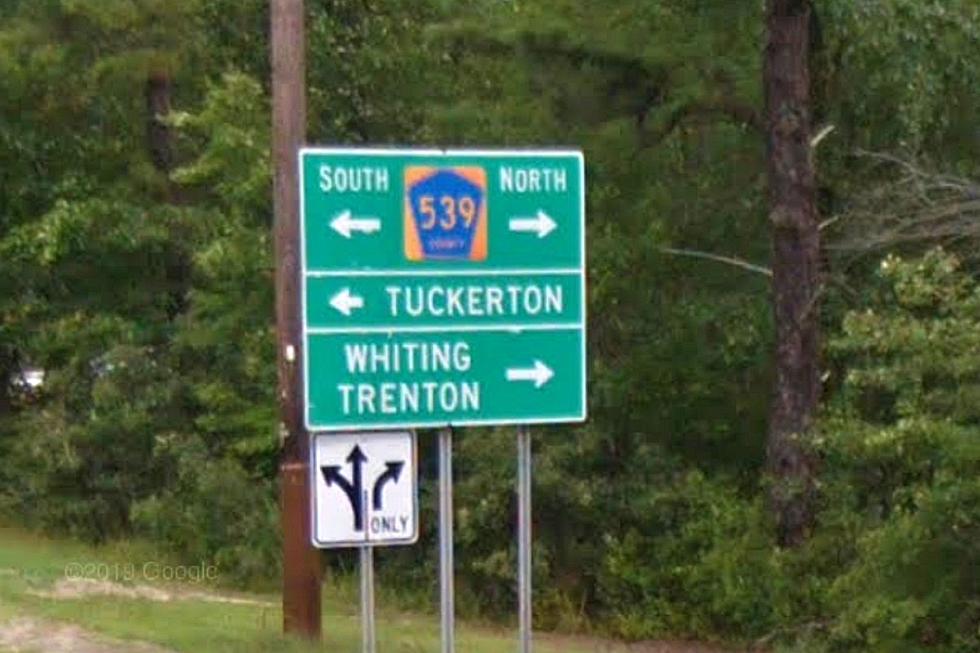They're called "do-me-a-favor" scams — a type of imposter scam where scammers pose as pastors, preachers, priests, rabbis and other religious leaders in order to play on people's emotions and tug on the heartstrings of those who have been feeling extremely charitable.
Christina Anastasio, associate state director of Community Outreach for AARP New Jersey, said the scammers use email, call or text to pose as a religious leader or someone working at a place of worship.
Then the scammer may say something like they're at the hospital where several members of the community are dying of cancer or some other disease. He or she will say they want to do something nice for them but can't get away.
"Can you go to the store and get me $1,000 in gift cards and send me the numbers? And don't worry. You'll be reimbursed from the church funds," Anastasio said.
People are easily manipulated because they truly believe they're helping a community member plus they don't see the risk because they believe they'll be reimbursed too, she added.
There are two main red flags to watch out for when it comes to these do-me-a-favor scams. Anastasio said one is if the scammer is asking for payments in gift cards.
"Scammers will ask people to buy gift cards and then take a picture of the back or scratch off the code and give it to them over the phone. As soon as they read the number to the scammer, the scammer converts it to currency in an instant which is almost impossible to get back," Anastasio said.
The scammers don't want the physical gift card. They just want the victim to buy it and give them to code. It's easier to get cash and even bitcoin (virtual currency) almost immediately.
Another red flag is if the scammer makes up some outlandish for why they can't go get the gift cards themselves. There's always a reason why they're out of commission.
"For example, one scammer said he fell into a manhole and that's why he couldn't do it," Anastasio said.
These scams play on a person's sense of community and someone's desire to help others, which she said has been more prevalent during the pandemic.
When people feel isolated, they want to reconnect with those community functions they may be missing and religious groups are one of them, she said.
Religious groups and places of worship are targeted because they want to be acceptable and effortless for people to contact them. So scammers can easily find contact information and spoof the phone number or set up a fake email account so it looks like the email, call or text is coming from the place that congregants know and trust.
The AARP Fraud Watch Network Helpline has seen an uptick in this type of scam during the pandemic. Anastasio said, according to the woman who oversees the hotline, complaints about these "do-me-a-favor" scams used to trickle in once or twice monthly. But with the health crisis, there have been up to six reports weekly.
Anyone who has been scammed should not be embarrassed, Anastasio said. These scammers are career-criminals and are extremely convincing. They know how to play on a person's feelings and make the situation sound like someone is helping.
Those who think they've been scammed should call the AARP Fraud Watch Network Hotline at 1-877-908-3360 to speak to a trained volunteer who will help navigate where you need to go.
To learn more about frauds and scams in New Jersey, you can go online or take part in a live Facebook session each month about it by following AARP New Jersey @AARPNJ
Have You Seen Them? Ocean County's Most Wanted
More From Beach Radio










